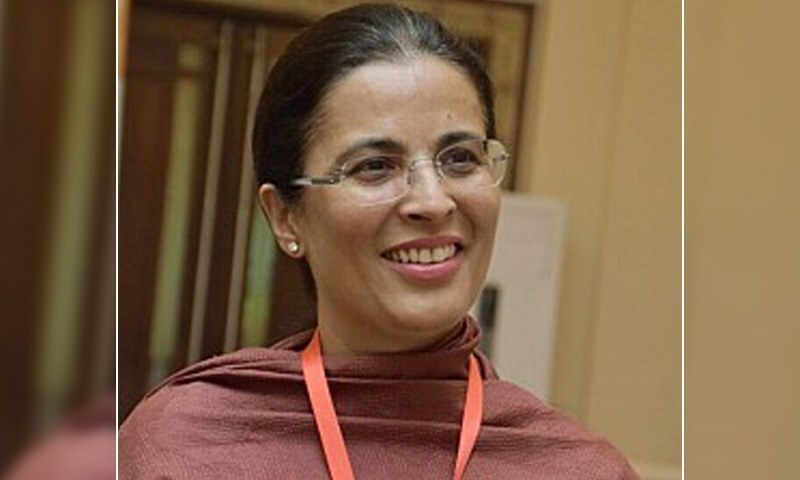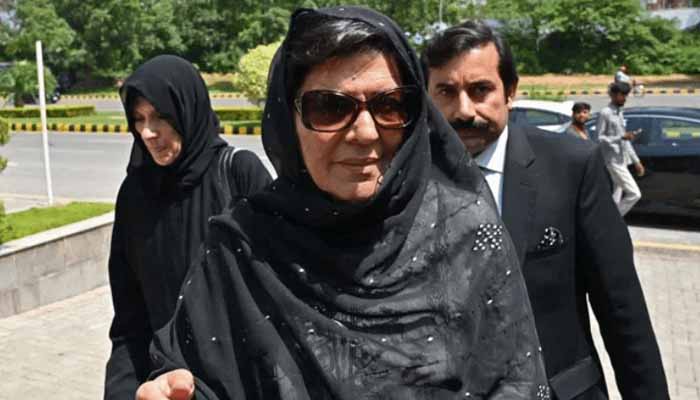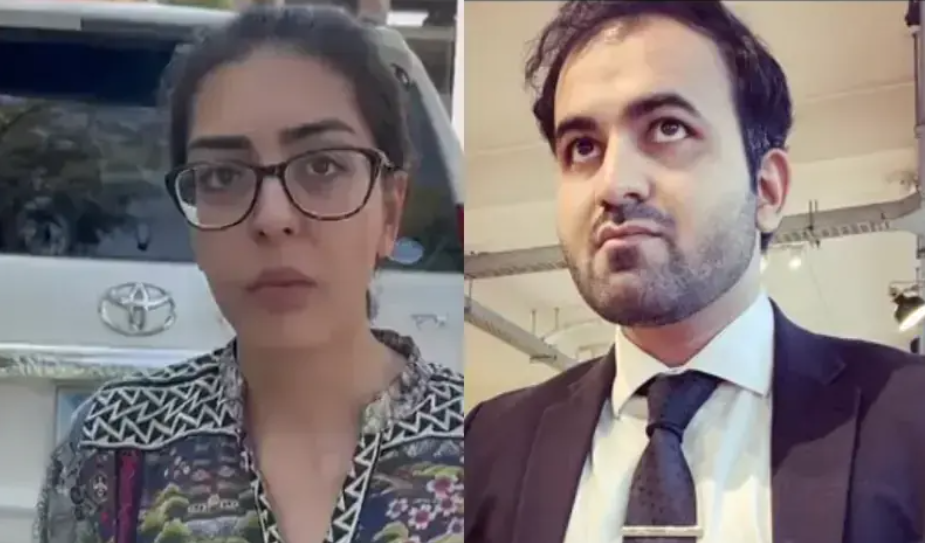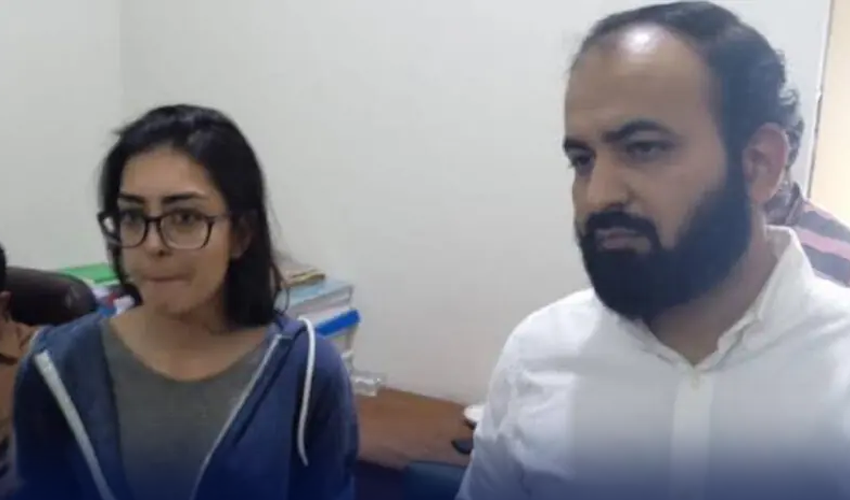LEGAL

The National Commission on the Status of Women (NCSW) has lauded a recent Supreme Court judgment authored by Justice Ayesha A. Malik, terming it a “progressive step” toward a more equitable and gender-sensitive interpretation of family law, the Associated Press of Pakistan (APP) reported on Thursday.
In her 17-page ruling dated October 25, Justice Malik overturned a Peshawar High Court (PHC) verdict in a divorce case, declaring that psychological abuse constitutes cruelty under the law and can serve as a valid ground for dissolving a marriage. She also criticized the “deeply patriarchal” language and reasoning used by lower courts in similar cases.
NCSW Chairperson Ume Laila Azhar commended the decision, stating that the acknowledgment of emotional and psychological cruelty as equally serious as physical abuse marks a crucial milestone in safeguarding women’s dignity and well-being within marital relationships.
“This ruling upholds the constitutional and Islamic principles of justice, equality, and human dignity by reaffirming that Khula is an independent and inalienable right of a woman — not contingent upon the husband’s consent,” Azhar said, emphasizing that the verdict strengthens women’s right to self-determination and ensures their mental and emotional health is duly considered in family courts.
The NCSW also praised the Supreme Court’s call for gender-sensitive language and the elimination of patriarchal reasoning from judicial discourse.
Justice Malik’s ruling, based on the Dissolution of Muslim Marriages Act, 1939 (DMMA), outlined that cruelty within a marriage can range from physical violence to mental and emotional abuse, interference with property or religion, and inequitable treatment in the case of a second marriage.
She stressed that “cruelty” is not confined to physical harm but includes any behavior that makes it impossible for a woman to live with dignity and security in her marital home. The judgment also criticized the family court’s insistence on documentary or medical proof of abuse, noting that “abuse within the marital home is often a bedroom crime” committed in private, with no witnesses due to social stigma and economic dependency.
Justice Malik further highlighted that granting Khula without a woman’s consent conflates two separate legal remedies and undermines the purpose of the DMMA. She called for courts to view such matters through a “gender lens” to better understand how women experience harm and discrimination.
Addressing the derogatory language used in previous rulings — such as labeling women “disobedient” or “self-deserted” — Justice Malik cautioned that such terminology reinforces patriarchal bias and undermines women’s dignity.
“When judgments rely on stereotypes or excuse unlawful conduct, they perpetuate inequality and shape social attitudes in ways that deny women fairness and justice,” she wrote, urging courts to adopt language that reflects equality, respect, and human dignity.
Legal experts and women’s rights advocates have described the verdict as a turning point for family law in Pakistan, setting a powerful precedent for recognizing mental and emotional abuse as legitimate grounds for marital dissolution.




